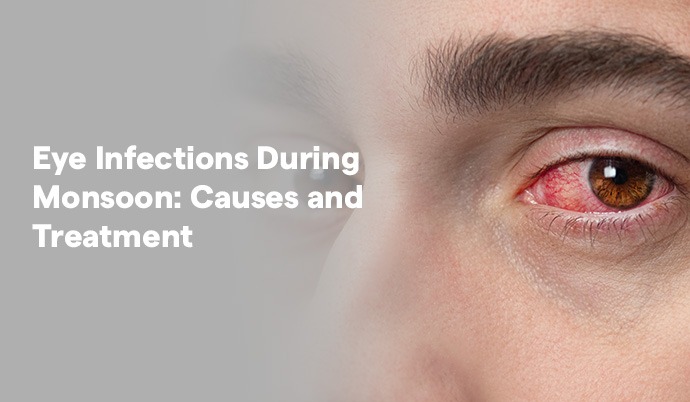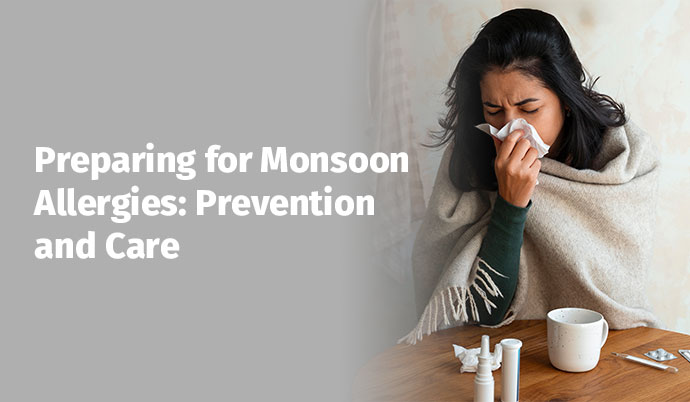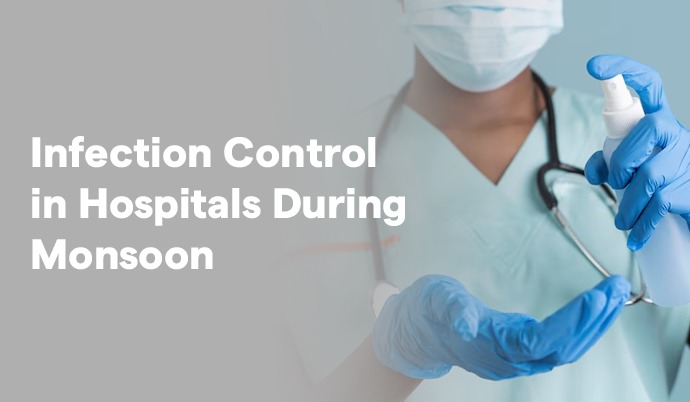
And the bomb truth is that reproductive health is more than periods and pregnancies. It is about you, your energy, your mood, your peace of mind and your future. Regardless of age, 16 or 60, the gynaecology annual check-up should be as regular as a dentist visit or an eye test. The list of obligatory female check-ups that each woman should be aware of, without embarrassment, is:
1. Annual Well-Woman Exam -Your Reproductive Report Card
It seems like a check-in of your entire body. The yearly gynaecology check-up is a preventive routine check-up gynaecologists swear by. It provides you, as well as your physician, with a knowledge of your general reproductive well-being. This exam includes:
Why is it important:
It is at this point that unnoticeable symptoms of such problems as fibroids, ovarian cysts or abnormal discharge are raised before they lead to severe conditions. In addition, in case you intend to plan a pregnancy, or you want to prevent one, this female check-up is where you get professional advice in terms of your physique.
When to begin:
Even at the age of 13-15 years, it is least necessary to feel a connection with a gynaecologist and consult the specialist from the best gynaecology hospital in Delhi in case of menstrual abnormalities. Periodical tests are to be conducted starting from the age of 21 years onwards.
2. The Cervical Shield
The Pap Smear and HPV testing a screening female check-ups that detect any mutated or abnormal cells. Pap smear is not merely a test, but it is a lifesaver. It examines your cervix to determine whether it has precancerous or cancerous cells. Testing of HPV (Human Papillomavirus) normally accompanies that, since some HPV strains are directly related to cervical cancer development later in life, in case of HPV virus persists.
Why is it important:
One of the most preventable cancers is cervical cancer, in case it is detected early. CDC reports reveal that the frequency of gynaecological check-ups up such as Pap tests, has reduced the number of cervical cancer cases by half during the past several decades in those nations where the practice is active.
Recommended frequency:
You should still go through these tests even after having been vaccinated against HPV; these regular gynaecological checkups are a sort of two-lock to your health door.
3. The Pelvic Exam: The Examination That Is Not Scary
Pelvic exams might not, however, be on anybody's favourite things list, but they are very important in the examination of your uterus, cervix, the ovaries, the fallopian tubes, the bladder and your rectum and are an essential gynaecological check-up.
What it aids in the detection of:
How often:
Depending on the situation and especially problems with pain, irregular bleeding, and unusual discharge, your doctor may recommend it once a year or when necessary. Make female check up normal: Nothing is embarrassing or dirty about undergoing a body check. Not taking care of your health would be the only thing to be ashamed of.
4. Breast Exam - Earlier Is Better Since So Much Depends on It
Breast cancer affects 1 in 8 women, says the WHO. That’s why routine check-ups with gynaecologists include clinical breast exams in your gynaecology annual check-up.
What is necessary:
Not all lumpy is scary. Having fibrocystic breasts is common in many women, and this condition is completely benign. This is why regular gynaecological checkups are needed, in order to divide those who are serious and those who are not so serious.
5. STI Screenings- Love Yourself Enough to be Tested
STIs are not always accompanied by blaring red lights. Some break-ins have no sounds at all. There are chlamydia and gonorrhea, which may be in your body without any signs and silently corrupt your reproductive organs and causing infertility.
Recommended screenings:
Whenever you are sexually active and below the age of 25, the annual testing should be a requirement. The more often you get new or additional partners.
Exams normally comprise:
STIs do not make you any dirtier; these are the essential gynaecological check-ups. They imply that you are a human being. It is not the quantity of it, but how fast you deal with it.
6. Hormonal Health Checks - The Mood, Skin and Period Decoder
Experience like your emotions are on an infinite roller coaster? Does acne have an uninvited revival? Periods that make you worry? The hormones are subtle and strong, and even a routine check-up, up gynaecologist can tell you:
Preventive Measures
What is the best time to test?
See the doctor and get your gynecology annual checkup if you have had a lingering condition for more than 3 months. Particularly, in case PCOS or thyroid issues are inherited in the family.
7. Bone Density Test- The Strong Woman in You
Estrogen has a significant effect on the health of the bones, and that is why women who develop osteoporosis are more exposed to this condition after menopause. A regular gynaecological checkup might include a DEXA scan if:
Recommended if:
What the former does:
This female check-up examination (also known as a DEXA scan) analyses the level of strong or weak bones to determine if supplements or treatment are required. You can consider it as securing mobility in the future.
8. Fertility Assessment: Is it Now or Later
Now, maybe you do not want kids at all or at least today. However, knowledge of your fertility can give you control of your choices. These gynaecology check-up tests include:
Tests can comprise:
When to take into consideration:
9. Menopause Counseling- The Change Does Not Need to be Chaotic
Menopause is a change, not a precipice. And just as with any major change, it should have a guide. This female check-up should include blood tests on hormones, bone health measures, recommendations regarding treatment of hot flashes, moodiness and insomnia. You will also have tips on HRT (Hormone Replacement Therapy), food, and lifestyle modifications that can make this process a lot smoother.
10. Ultrasounds and Imaging - Your Inner Lookbook
Such imaging modalities as pelvic ultrasounds, transvaginal ultrasounds, or MRI scans may sound like some heavy-duty equipment, but these are some of the most useful in observing:
They are typically prescribed in cases where symptoms can suggest contingent signals, or as a follow-up to any other problematic test scores in the female check-up.
Life is busy, we have deadlines, weddings, breakups, existential crises and somewhere in the middle, we postpone our visits to the doctor to someday. Yet this is one fact we must repeat that you can never give when your cup is empty. It is not selfish to take care of your health, particularly your reproductive health. It is clever, powerful and simply necessary. The checkups are not just tests. They are also a manner of your body being told by you, “I notice you. I am concerned about you. I have got you.” So, get that gynaecology annual check-up done and then ask the uncomfortable questions, and remind all the women around you to do that also. The fact is, we should be talking about gynaecological health in everyday conversation, not in a panic. To get yourself educated about the routine check-up, up gynaecologist that every woman should know, book an appointment at Sir Ganga Ram Hospital today.




